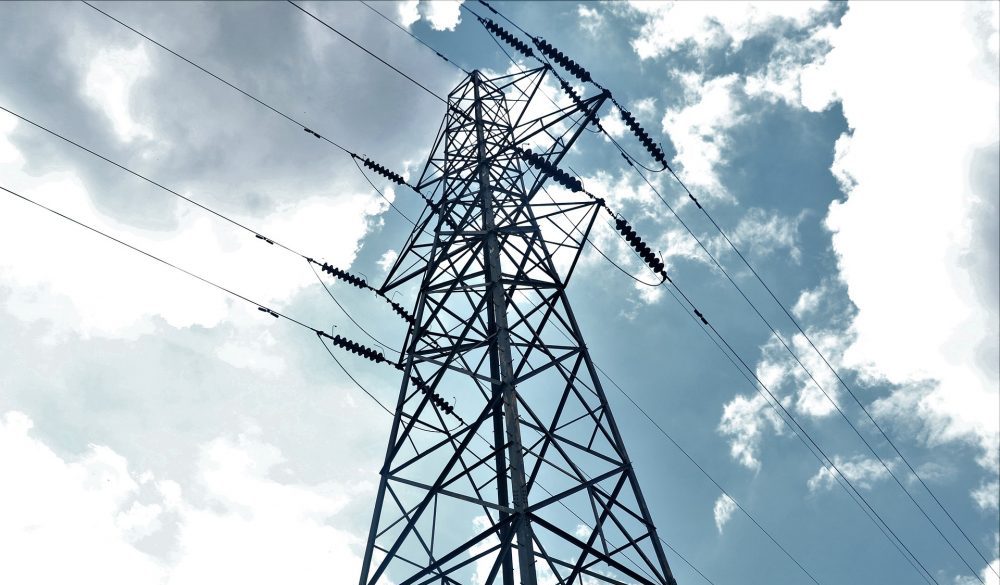
Hungary takes measures to achieve energy independence.Continue reading

The era of cheap energy is over, therefore the government has developed a grandiose long-term plan worth HUF 7,000 billion (EUR 18.24 billion) to promote sovereignty in the energy sector, Gábor Czepek, State Secretary of the Ministry of Energy, said at a conference on green electricity organized by the Central Bank of Hungary in Budapest on Thursday.
Gábor Czepek stressed that the first stage of self-sufficiency is diversification, with steps already taken regarding natural gas, to be followed by achieving real sovereignty, which seems achievable in the field of electricity by the early 2030s.
Among other things, HUF 600 billion (EUR 1.5 billion) has been earmarked for electricity grid upgrades and green production lines, HUF 800 billion (EUR 2 billion) for green industrial parks, HUF 400 billion (EUR 1 billion) for energy efficiency in businesses and residential energy efficiency, and HUF 300 billion (EUR 780.5 million) for geothermal projects. The total program of HUF 7,000 billion does not include projects that are already in the decision-making phase, such as the Paks nuclear power plant development, he added.
The state secretary said that in addition to national budget resources, other market investments and EU funds are needed to make the process of energy independence a success. He added that
negotiations with the EU are continuing, and an agreement on the mobilization of funds is expected to be reached in the autumn.

Photo: Facebook/Energiaügyi Minisztérium
The politician recalled that the rise in energy prices did not start with the war in Ukraine, but rather in the second half of 2021, before the price of the EU’s greening policy started to be reflected in energy bills. This was compounded by the security of supply problems after February 2022, and the subsequent impact of sanctions, causing gas and electricity prices to rise five to ten times.
He added that prices have since been corrected to around double their initial levels, and markets are temporarily calm, but the energy transition is still ahead for European countries and is expected to be “long and painful.”
The economic consequences of the energy crisis have to be reckoned with: Hungary’s energy bill is expected to reach EUR 17 billion this year, compared to the EUR 7 billion in the past, he noted.
Czepek pointed out that
the country is particularly well-placed in terms of gas storage, with the sixth largest capacity in Europe, covering four months’ needs. It is now at 90 percent capacity and will soon reach 100 percent.
The Hungarian electricity system is characterized by the fact that there have been no major blackouts, but the system was not designed for the renewable boom, so it needs to be improved, he said.
The state secretary also mentioned that solar panel producers who had submitted their applications by September 7 would be able to keep their annual billing for ten years, while others would be subject to gross billing. To make it worthwhile to invest in solar panels,
the feed-in tariff freeze will be lifted and non-refundable funds will be provided to support the development.
He also added that in the coming years, some 1,500-1,700 megawatts of gas-fired, hydro, and pumped storage power plants will be built in Hungary, regulations for the installation of wind power will be eased, and biogas-biomass projects are also planned.
Via MTI, Featured images:Pixabay, Facebook/Energiaügyi Minisztérium